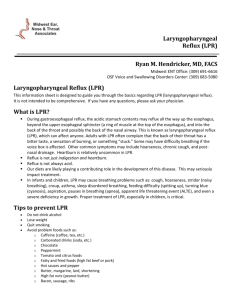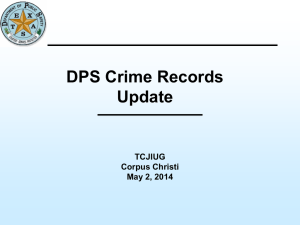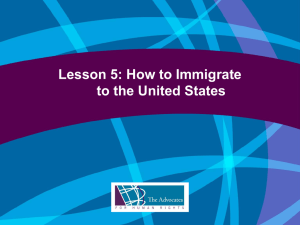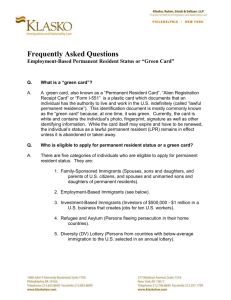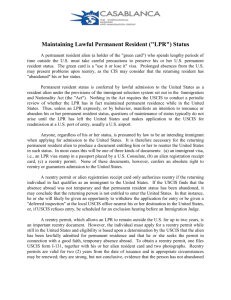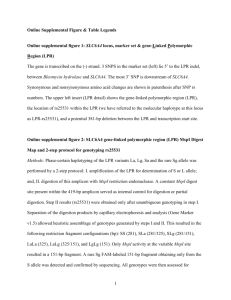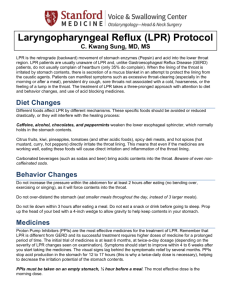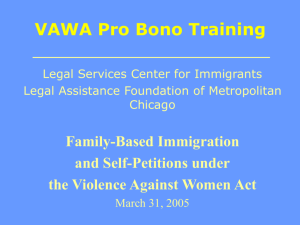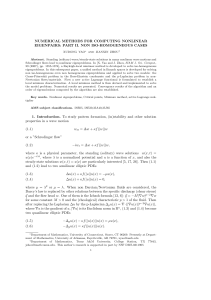WHAT DOES IT MEAN TO BE A LAWFUL PERMANENT RESIDENT
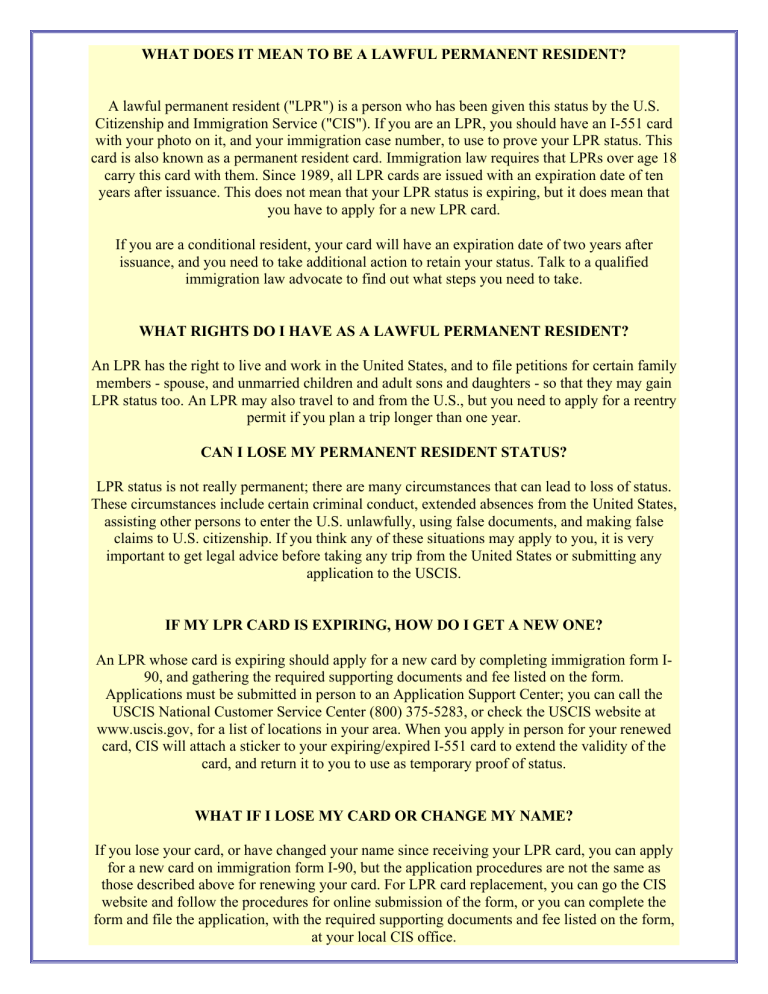
WHAT DOES IT MEAN TO BE A LAWFUL PERMANENT RESIDENT?
A lawful permanent resident ("LPR") is a person who has been given this status by the U.S.
Citizenship and Immigration Service ("CIS"). If you are an LPR, you should have an I-551 card with your photo on it, and your immigration case number, to use to prove your LPR status. This card is also known as a permanent resident card. Immigration law requires that LPRs over age 18 carry this card with them. Since 1989, all LPR cards are issued with an expiration date of ten years after issuance. This does not mean that your LPR status is expiring, but it does mean that you have to apply for a new LPR card.
If you are a conditional resident, your card will have an expiration date of two years after issuance, and you need to take additional action to retain your status. Talk to a qualified immigration law advocate to find out what steps you need to take.
WHAT RIGHTS DO I HAVE AS A LAWFUL PERMANENT RESIDENT?
An LPR has the right to live and work in the United States, and to file petitions for certain family members - spouse, and unmarried children and adult sons and daughters - so that they may gain
LPR status too. An LPR may also travel to and from the U.S., but you need to apply for a reentry permit if you plan a trip longer than one year.
CAN I LOSE MY PERMANENT RESIDENT STATUS?
LPR status is not really permanent; there are many circumstances that can lead to loss of status.
These circumstances include certain criminal conduct, extended absences from the United States, assisting other persons to enter the U.S. unlawfully, using false documents, and making false claims to U.S. citizenship. If you think any of these situations may apply to you, it is very important to get legal advice before taking any trip from the United States or submitting any application to the USCIS.
IF MY LPR CARD IS EXPIRING, HOW DO I GET A NEW ONE?
An LPR whose card is expiring should apply for a new card by completing immigration form I-
90, and gathering the required supporting documents and fee listed on the form.
Applications must be submitted in person to an Application Support Center; you can call the
USCIS National Customer Service Center (800) 375-5283, or check the USCIS website at www.uscis.gov, for a list of locations in your area. When you apply in person for your renewed card, CIS will attach a sticker to your expiring/expired I-551 card to extend the validity of the card, and return it to you to use as temporary proof of status.
WHAT IF I LOSE MY CARD OR CHANGE MY NAME?
If you lose your card, or have changed your name since receiving your LPR card, you can apply for a new card on immigration form I-90, but the application procedures are not the same as those described above for renewing your card. For LPR card replacement, you can go the CIS website and follow the procedures for online submission of the form, or you can complete the form and file the application, with the required supporting documents and fee listed on the form, at your local CIS office.
HOW CAN I BECOME A UNITED STATES CITIZEN?
LPRs can apply to become United States Citizens ("USC") through a process called naturalization. In general, most LPRs are eligible to apply for citizenship after 5 years in LPR status. In some situations, the period is shorter; for example, an LPR married to and residing with a USC spouse for three years may apply for naturalization after this 3-year period. There are other citizenship requirements, including required physical presence in the U.S., good moral character, and certain knowledge and literacy requirements, which may be altered or waived in certain circumstances. Contact a legal services provider to find out if you qualify to apply for citizenship.
HOW IS BEING A LAWFUL PERMANENT RESIDENT DIFFERENT THAN BEING A
UNITED STATES CITIZEN?
As an LPR, you cannot vote in state or federal elections, and there are certain categories of employment that are only available to USCs. In addition, USCs can file petitions for more categories of family members - married sons and daughters, parents, and siblings - and in certain instances, the family members of USCs can gain residency faster than family members of LPRs.
Also, if you naturalize, your LPR children under age 18 residing with you will automatically become USCs. They can then apply for a certificate of citizenship or a U.S. passport.
In addition, some of the circumstances that can lead an LPR to lose status, such as criminal convictions and extended absences, do not apply once a person gains USC status. An LPR who becomes a USC will not lose his or her status for living outside the U.S. for extended periods of time, or even permanently, after becoming a USC, or for having criminal convictions after becoming a USC.
REMEMBER: IMMIGRATION LAW IS COMPLICATED AND APPLIES
DIFFERENTLY TO PEOPLE IN DIFFERENT SITUATIONS. WHEN YOU HAVE AN
IMMIGRATION LAW QUESTION, CHECK WITH AN IMMIGRATION LAWYER OR
QUALIFIED IMMIGRATION LAW SERVICE PROVIDER!

